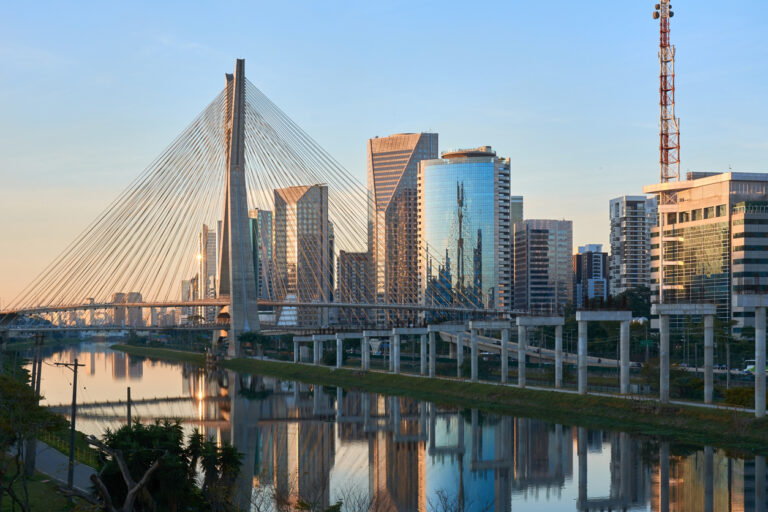There is much to celebrate in the way that humanity has managed to counter the threats to life and livelihoods posed by Covid-19. The scientific response to the investment has been outstanding. According to Gavi, the Vaccine Alliance, no fewer than six vaccines have been approved by the World Health Organization (WHO) and 21 vaccines authorised by at least one country. Timely, large-scale economic support packages have also limited some of the lasting global scars from the crisis.
However, the evident inequities emerging across nations pose difficult questions for the structures of multilateralism. Back in early 2020, Covid-19 was a global crisis. While the worst of the health impacts were concentrated in high-income countries, its social and economic impacts were felt around the world as countries fought to contain the pandemic. As of September 2021, it is increasingly a crisis that is separating the world into pockets of vaccinated and unvaccinated nations. In high-income countries, case numbers remain high, but deaths resulting from the virus have fallen sharply (Figure 1). In other parts of the world, the crisis remains ever-present with continued high numbers of daily new deaths (Figure 2) and economies still mired in the challenges of virus containment without vaccines.
This ODI briefing explores how the diverging fortunes across countries have come to pass and the limitations of the multilateral initiatives intended to support a global response. It focuses especially on the multilateral financing measures that have been put in place to combat the crisis and looks at some of the changes that would be required to support a more effective response in future.
This publication first appeared on the ODI site.
For the full briefing/policy paper click here.
Authors: Mark Miller, Lionel Roger, Annalisa Prizzon, Tom Hart.
Photo by Mathieu Stern on Unsplash.
The views are those of the authors and not necessarily those of ETTG.
Photo by Planet Volumes




